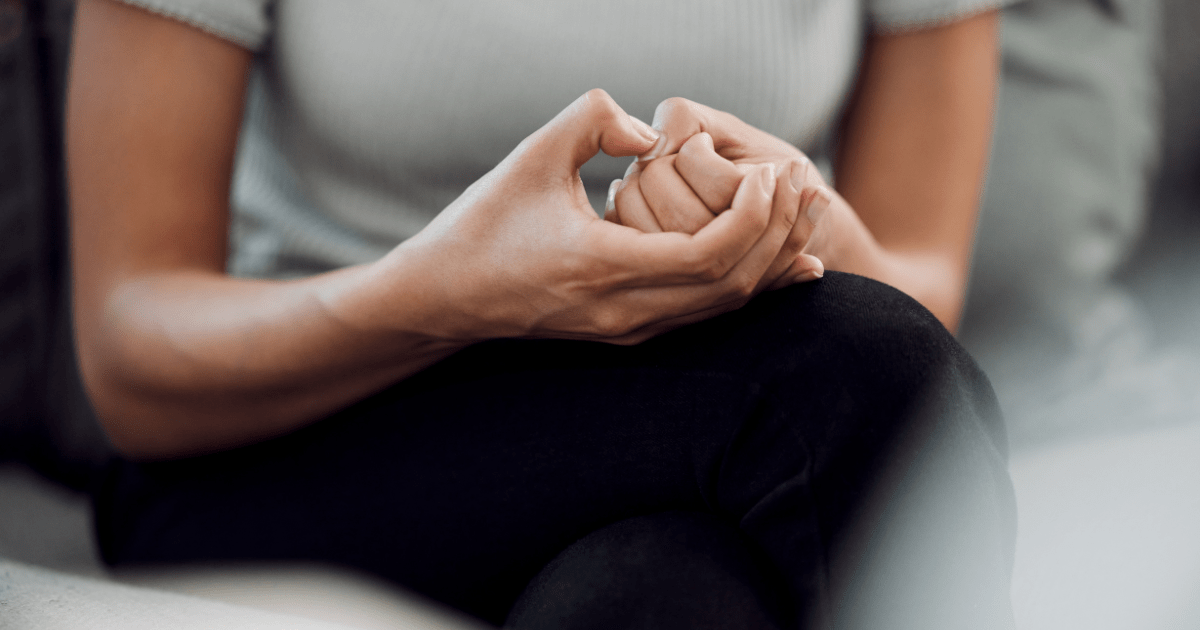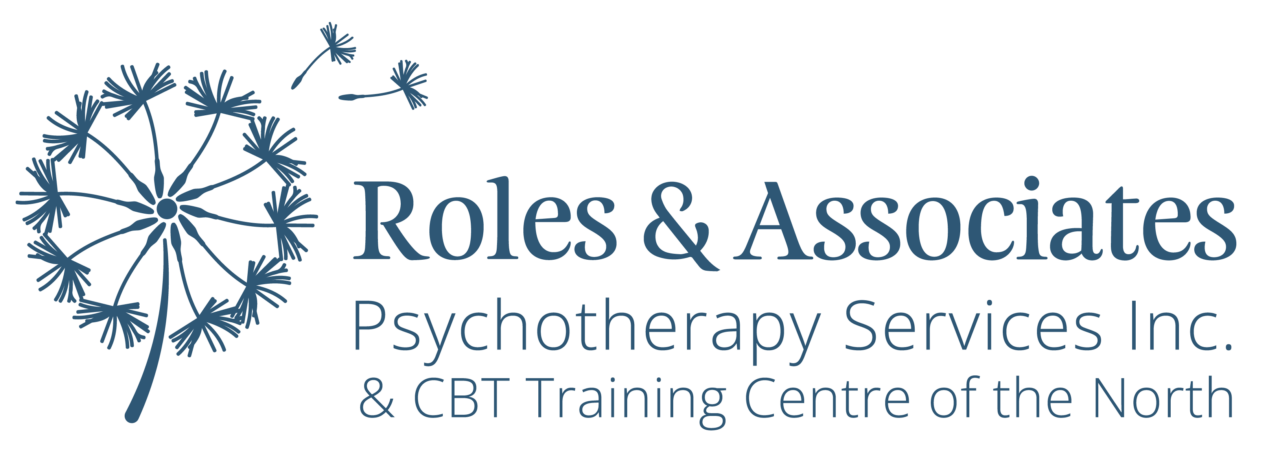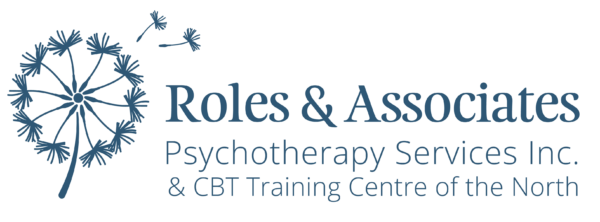Understanding Anxiety: Symptoms, Causes, and Treatment Options
Written by Danika Ferreira

Anxiety is a common and often debilitating mental health condition affecting millions worldwide (Bandelow & Michaelis, 2015). While it is normal to experience occasional worry or feel anxious in certain situations, such as before a job interview or a big exam, excessive and persistent anxiety can significantly impact one’s quality of life. Thus, understanding the symptoms, causes, and treatment options for anxiety is essential for fostering mental well-being.
Symptoms
Anxiety isn’t just a fleeting worry—it’s a persistent and excessive fear that can interfere with daily life (Bandelow & Michaelis, 2015). Anxiety manifests differently in each person, and its symptoms can range from mild to severe. According to Chand & Marwaha (2023), common symptoms of anxiety include:
- Excessive worry: Individuals with anxiety often experience persistent and excessive worry about various aspects of their lives, such as health, work, or relationships. Often, this worry seems difficult to control.
- Racing thoughts: An anxious mind can be full of thoughts that come quickly, one after the other, making it challenging to concentrate and focus on tasks.
- Irritability: Anxiety can make individuals irritable and on edge, leading to difficulties in their relationships.
- Physical symptoms: Anxiety can also have physical manifestations including muscle tension, increased heart rate, sweating, restlessness, headaches, and gastrointestinal problems.
- Sleep disturbances: It is common for anxiety to affect one’s sleep, such as making it difficult to fall asleep or stay asleep.
- Panic attacks: In some cases, anxiety can escalate into panic attacks, which are characterized by sudden and intense feelings of fear, shortness of breath, chest pain, trembling, and a sense of impending doom.
The above symptoms are commonly seen in generalized anxiety disorder, which is characterized by chronic, non-specific anxiety and excessive worry about various aspects of life (Munir & Takov, 2022). However, these symptoms can also be found in other anxiety disorders such as social anxiety disorder, which is characterized by an intense fear of social scrutiny and performance situations, and specific phobias, which are characterized by an intense fear of specific objects or situations (American Psychiatric Association, 2013; Chand & Marwaha, 2023).
Causes
Anxiety can have various underlying causes, though it often stems from a complex interplay of genetic, environmental, and psychological factors (Munir & Takov, 2022). According to Penninx et al., (2021), some common causes and risk factors for anxiety include:
- Genetics: Research suggests that there may be a genetic predisposition to anxiety disorders, meaning that individuals with a family history of anxiety are more likely to develop the condition.
- Personality traits: Certain personality traits, such as perfectionism or a tendency to be overly self-critical, can increase the risk of developing anxiety.
- Stressful life events: Traumatic experiences such as abuse, major life changes, or chronic stress can trigger or exacerbate anxiety.
- Brain chemistry: An imbalance in neurotransmitters, which are chemical messengers in the brain such as serotonin and dopamine, can contribute to the development of anxiety.
- Substance use: There is a two-way relationship between substance use and anxiety. Although some people may use substances such as alcohol, tobacco, or other drugs to alleviate anxiety, these often only provide short-term relief. When used long-term, these substances can increase the risk of developing anxiety disorders or exacerbate pre-existing anxiety conditions, creating a reinforcing cycle.
- Medical conditions: Some medical conditions such as thyroid disorders, diabetes, and heart disease can be associated with anxiety symptoms.
Treatment Options
There are several treatment options to manage anxiety, though the choice will depend on the severity and individual preferences. The main treatments for anxiety are psychotherapy, medication, or a combination of both (Chand & Marwaha, 2023; Munir & Takov, 2022):
- Psychotherapy: Various forms of therapy, particularly cognitive-behavioral therapy (CBT), are common and effective treatments for anxiety. CBT can help people identify, challenge, and modify unhelpful thought patterns, beliefs, and behaviours that trigger and maintain anxiety. As a result, those who undergo CBT learn how to adopt more balanced thinking and cope more effectively when faced with anxiety-provoking situations (Nakao et al., 2021).
- Medication: Some medications, such as selective serotonin reuptake inhibitors (SSRIs) and benzodiazepines, can be prescribed by a healthcare provider to alleviate anxiety symptoms. SSRIs help regulate neurotransmitter levels, while benzodiazepines provide short-term relief from severe anxiety symptoms (Chand & Marwaha, 2023).
Other options that can help in the management of anxiety include:
- Professional help: Consulting your healthcare team is essential for an accurate diagnosis and tailored treatment plan. Because there are several potential causes of anxiety, your healthcare team will be able to guide you towards the most suitable treatment options.
- Lifestyle changes: There are a range of lifestyle factors that can be modified to help prevent and manage anxiety. Regular physical activity, a balanced diet, adequate sleep, and the reduction or elimination of stimulants such as coffee can be beneficial (Piotrowski et al., 2021). Some people may find some relief from anxiety via complementary interventions such as nutritional and/or herbal supplements or acupuncture.
- Stress management: Stress management techniques like mindfulness, meditation, deep breathing, progressive muscle relaxation, and yoga can help individuals stay present, cope with stress, alleviate anxiety symptoms, and improve overall quality of life (Hofmann & Gómez, 2017).
- Support network: Engaging with friends, family, and/or support groups can provide understanding, encouragement, and a sense of belonging that can reduce feelings of isolation that are often associated with anxiety (Dour et al., 2014).
In conclusion, anxiety is a prevalent mental health condition that can have a profound impact on an individual’s life. Recognizing the symptoms, understanding the causes, and exploring appropriate treatment options are essential steps toward managing anxiety effectively. If you or someone you know is struggling with anxiety, remember that seeking professional help is a proactive step towards better mental health. With the right combination of therapies, support, and lifestyle adjustments, individuals can effectively manage anxiety and lead fulfilling lives.
References:
American Psychiatric Association. (2013). Diagnostic and statistical manual of mental disorders (5th ed.). https://doi.org/10.1176/appi.books.9780890425596
Bandelow, B., & Michaelis, S. (2015). Epidemiology of anxiety disorders in the 21st century. Dialogues in Clinical Neuroscience, 17(3), 327–335. https://doi.org/10.31887/DCNS.2015.17.3/bbandelow
Chand, S. P., & Marwaha, R. (2023, April 24). Anxiety. In StatPearls. StatPearlsPublishing. Retrieved August 4, 2023 from https://www.ncbi.nlm.nih.gov/books/NBK470361/
Dour, H. J., Wiley, J. F., Roy-Byrne, P., Stein, M. B., Sullivan, G., Sherbourne, C. D., Bystritsky, A., Rose, R. D., & Craske, M. G. (2014). Perceived social support mediates anxiety and depressive symptom changes following primary care intervention. Depression and Anxiety, 31(5), 436–442. https://doi.org/10.1002/da.22216
Hofmann, S. G., & Gómez, A. F. (2017). Mindfulness-based interventions for anxiety and depression. The Psychiatric Clinics of North America, 40(4), 739–749. https://doi.org/10.1016/j.psc.2017.08.008
Kenda, M., Kočevar Glavač, N. Nagy, M., & Sollner Dolenc, M. (2022). Medicinal plants used for anxiety, depression, or stress treatment: An update. Molecules, 27(18), 6021. https://doi.org/10.3390/molecules27186021
Munir, S., & Takov, V. (2022, October 17). Generalized Anxiety Disorder (GAD). In StatPearls. StatPearlsPublishing. Retrieved August 4, 2023 from https://www.ncbi.nlm.nih.gov/books/NBK441870/
Nakao, M., Shirotsuki, K., & Sugaya, N. (2021). Cognitive-behavioural therapy for management of mental health and stress-related disorders: Recent advances in techniques and technologies. BioPsychoSocial Medicine, 15(16). https://doi.org/10.1186/s13030-021-00219-w
Penninx, B. W. J. H., Pine, D. S., Holmes, E. A., & Reif, A. (2021). Anxiety disorders. The Lancet, 397(10277), 914-927. https://doi.org/10.1016/S0140-6736(21)00359-7
Piotrowski, M. C., Lunsford, J., & Gaynes, B. N. (2021). Lifestyle psychiatry for depression and anxiety: Beyond diet and exercise. Lifestyle Medicine, 2(1), e21. https://doi.org/10.1002/lim2.21
Yang, X.-Y., Huang, F.-F., Ren, S., & Li, Z.-J. (2021). Effectiveness of acupuncture on anxiety disorder: A systematic review and meta-analysis of randomized controlled trials. Annals of General Psychiatry, 20(9). https://doi.org/10.1186/s12991-021-00327-5

